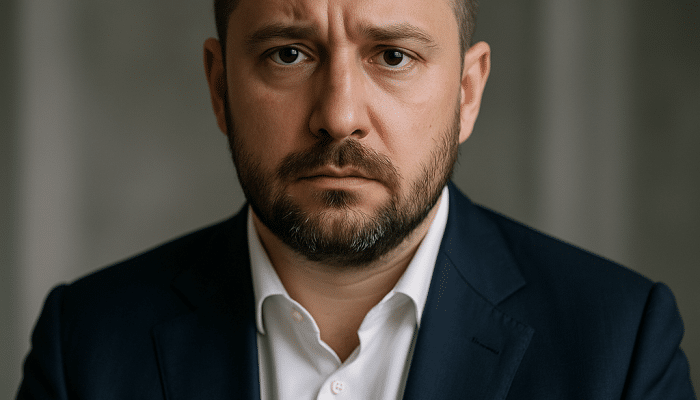In a move that has sent shockwaves through both the political and cryptocurrency worlds, President Donald Trump has granted a full pardon to Changpeng Zhao the founder of the world’s largest cryptocurrency exchange, Binance.
Background: Zhao’s Conviction
Changpeng “CZ” Zhao pleaded guilty in late 2023 to a federal charge of failing to implement an adequate anti-money-laundering (AML) program at Binance, after investigations found that the platform had been used to funnel illicit funds tied to child exploitation, drug trafficking, and terrorism. In April 2024 he was sentenced to four months in prison. Prior to his plea he resigned as CEO in November 2023.
The Pardon
President Trump signed the pardon on October 23, 2025. The White House, via press secretary Karoline Leavitt, defended the decision by characterising the prosecution as part of a “war on cryptocurrency” under the previous administration, and noting that there were “no allegations of fraud or identifiable victims” in Zhao’s case.
Conflicts of Interest & Ties to the Trump Family
The pardon comes amid growing scrutiny of the intersection between the Trump family’s business interests and the crypto industry. The family’s venture, World Liberty Financial launched in September 2024 by Trump and his sons Eric and Donald Jr. introduced a stablecoin named USD1, pegged 1:1 to the U.S. dollar. Trump’s financial disclosure shows that he earned over US $57 million last year from World Liberty Financial.
More notably, World Liberty Financial announced that a United Arab Emirates-based investment fund would use $2 billion worth of USD1 to buy a stake in Binance. Prior reporting — including a March 2025 piece — documented that representatives of the Trump family were in talks with Binance concerning a stake in its U.S. arm, which fueled concerns of a potential “pay-to-play” arrangement.
Implications
Regulatory Shift: The pardon signals a dramatic shift in U.S. crypto policy from aggressive crack-downs under the previous administration to what may be seen as a more permissive or industry-friendly stance.
Ethics & Accountability: Critics argue the decision raises serious ethical concerns, given the overlap of private business interests and public office. Several Democratic lawmakers have been vocal.
Binance’s U.S. Prospects: With Zhao’s conviction nullified by pardon, questions emerge about whether Binance will attempt a renewed push into the U.S. market with fewer regulatory barriers.
Crypto Industry Morality: Some industry watchers worry the pardon could embolden bad actors if consequences are seen as removable through political connections rather than transparent enforcement.
Key Facts at a Glance
Changpeng Zhao pleaded guilty to one count of failing to maintain an AML program; Binance also agreed to a settlement.
He served four months in prison and was released in September 2024.
Donald Trump’s business venture with his sons, World Liberty Financial, tied to Binance via USD1 stablecoin and a large investment fund.
The White House states prosecution by the previous administration was ideologically driven against the crypto industry.
The timing and alignment of interests — pardon, crypto business dealings, and regulatory environment — have prompted vigorous debate.
What’s Next?
Congressional oversight hearings may follow to examine the ethics of the pardon and business ties.
Regulatory agencies like the U.S. Securities and Exchange Commission (SEC) and Financial Crimes Enforcement Network (FinCEN) may reconsider their approach to crypto oversight amid a changing executive-branch stance.
Binance might attempt a re-entry or expansion into the U.S. market.
The crypto community will be watching whether this signals a broader wave of clemencies or policy changes in favor of the industry.







